A study by Annenberg Public Policy Center researchers finding that "The Colbert Report" educated viewers about campaign finance better than other media has been awarded 2014 Article of the Year by the journal Mass Communication and Society.
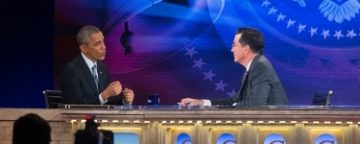

A study by Annenberg Public Policy Center researchers finding that "The Colbert Report" educated viewers about campaign finance better than other media has been awarded 2014 Article of the Year by the journal Mass Communication and Society.
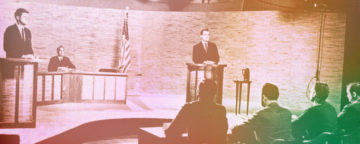
A new bipartisan Annenberg Public Policy Center report that proposes a serious overhaul of the 2016 general-election presidential debates to improve their quality, reach and relevance in the age of social media and an increasingly diverse electorate has drawn widespread media coverage.

With a flurry of candidates entering the 2016 presidential race, FactCheck.org and its science feature, SciCheck, are examining the campaigners' recent statements and revisiting past claims. Recent posts examine claims by Scott Walker, Donald Trump, and Vermont Sen. Bernie Sanders.
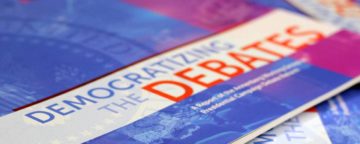
The Annenberg Working Group on Presidential Campaign Debate Reform – a bipartisan group of top officials from past presidential campaigns – released its recommendations to help democratize the presidential general election debate process ahead of the 2016 presidential election.

Explore ways to increase the value and viewership of presidential general election debates while taking into account how the electoral environment has changed over time.
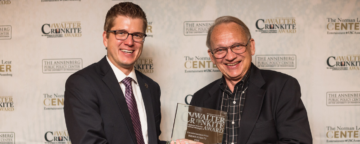
Political reporter Brandon Rittiman of KUSA, 9News Denver, was awarded the 2015 Cronkite/Jackson Prize for Fact Checking for his work producing what the jury called "the best fact checking segments on local TV."
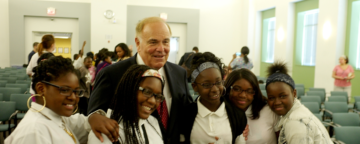
The Rendell Center for Civics and Civic Engagement celebrated its relocation to the Annenberg Public Policy Center on May 4, in events that showcased their joint interest in civic education and judicial independence. The Rendell Center also sponsored a youth mayoral forum where 4th and 5th graders could question Philadelphia's mayoral candidates.

FactCheck.org, the nonpartisan, nonprofit “consumer advocate” for voters, has been awarded the 2015 Webby for best Political Blog/Website by the International Academy of Digital Arts and Sciences. And thanks to its readers, it has also been awarded the People’s Voice Webby in the same category.
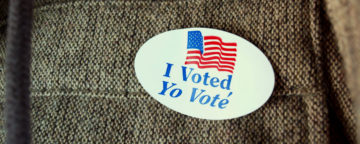
It’s known that Republican voters usually vote for Republican candidates, and Democrats vote for Democrats. Likewise, people who identify with the Tea Party often vote for Tea Party-backed candidates. But why do they vote that way? What is the psychological basis of their political preferences?
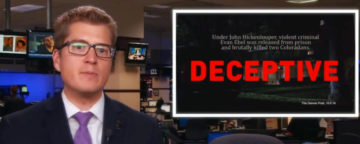
Television station KUSA in Denver, Colo., has won the 2015 Cronkite/Jackson Prize for Fact Checking Political Messages, named for the founding director of FactCheck.org, Brooks Jackson. The fact-checking award was selected by a jury convened by the Annenberg Public Policy Center, home of FactCheck.org.